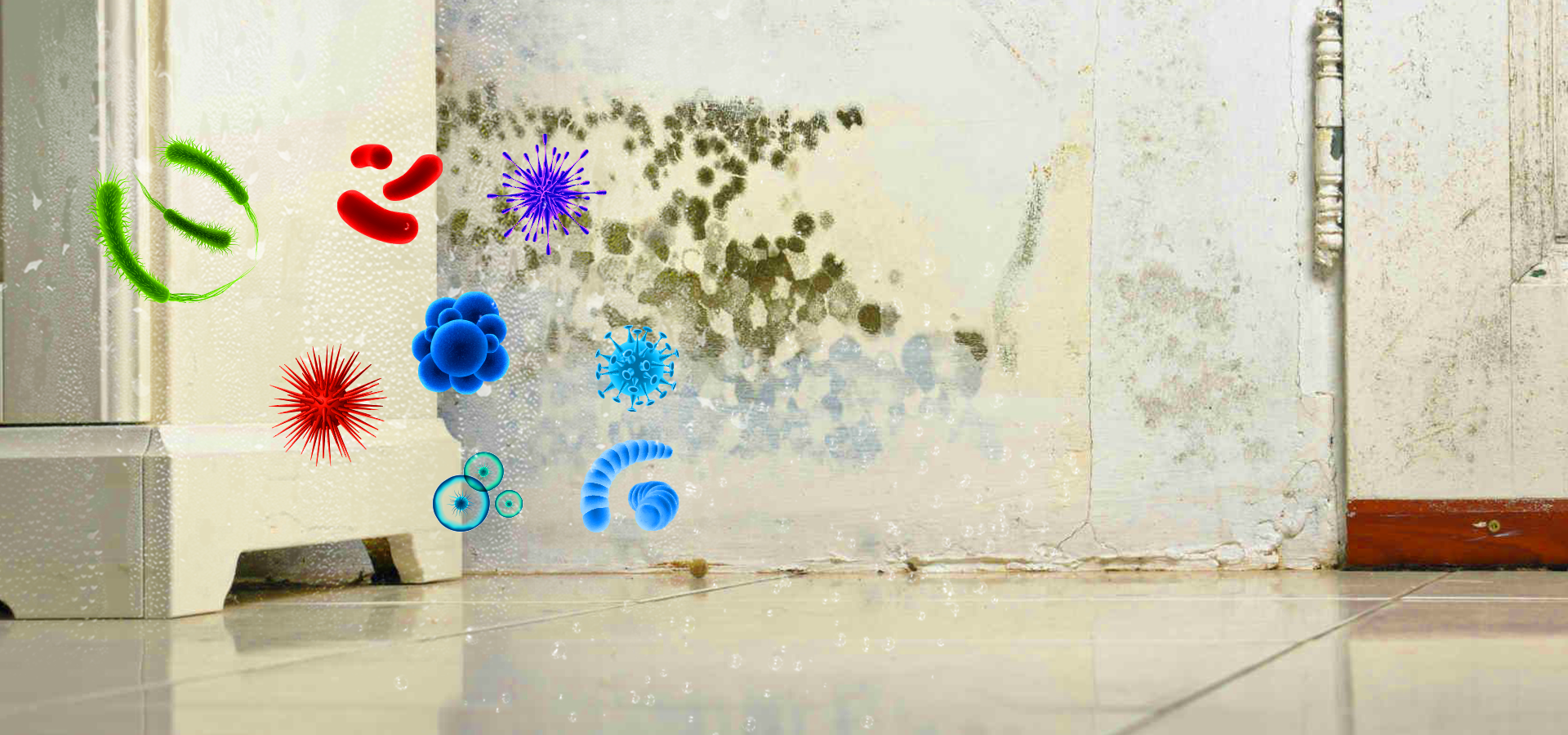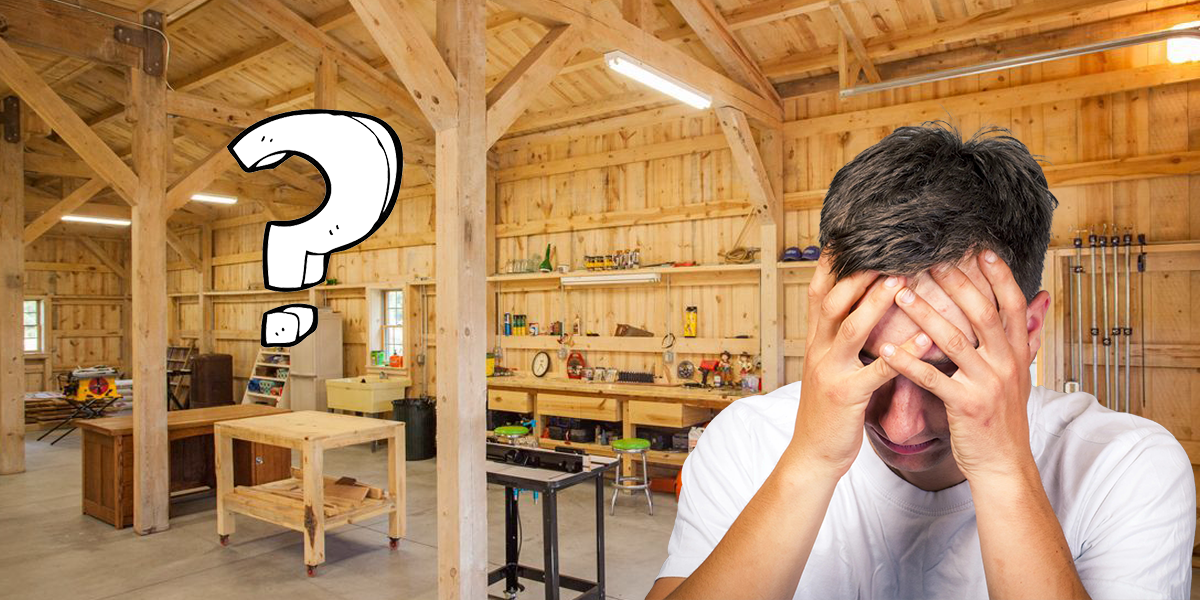What are the benefits of running a Dehumidifier in winter?
A dehumidifier removes excess moisture from the air, which can lead to that sticky feeling of humidity. It will help eliminate mold and mildew growth in your home, as they thrive in humid environments. Dehumidifiers combat dust mite infestations by removing the moisture in the air. If you suffer from allergies or want to reduce respiratory problems like asthma and other breathing difficulties, running a dehumidifier can help you breathe more easily!
Here are the benefits:

- Dehumidifiers remove the excess moisture. Dehumidifiers are designed to remove the excess moisture from the air. They are more effective than air conditioners in removing moisture from the air and are also more energy efficient.
- A dehumidifier will help eliminate mold and mildew growth in your home. If you have ever seen mold or mildew growing on the walls of your home, you know how unpleasant it is to look at. Not only that, but these fungal organisms can also be quite unhealthy for your family. When too much moisture is in the air, mold, and mildew thrive and proliferate.
- Dehumidifiers combat dust mite infestations. Dust mites are microscopic arachnids that live in your home. They feed on skin cells and dander, the dried saliva of humans and animals. Removing excess moisture from the air is essential to keep them out of your home. Dehumidifiers help remove moisture from the air by sucking it into their collection tray as a sponge does with water. You can empty this tray every few days or whenever you get around to it (it's different than there's a set schedule for doing laundry). Dry air makes it easier for dust mites to thrive if you want them gone, you need to reduce humidity levels as much as possible!
- It helps people suffering from allergies. Dehumidifiers are a great way to help people suffering from allergies. As mentioned above: Dust mites thrive in humid environments. These tiny creatures are one of the most common allergens in homes; reducing the humidity in your home makes it harder for dust mites to survive and thrive. Studies have also found that lowering air temperature while maintaining high humidity can help reduce allergy symptoms. That's because mold spores grow more quickly at higher temperatures but require higher relative humidity levels to survive; this means that when you lower your thermostat (and therefore raise the temperature) while keeping your home warm (but dry), there will be less mold growth overall!
- Reduce odors. By running a dehumidifier, you can also reduce odors. Opening windows to let in fresh air is a great way to get rid of smells in your home, but when it's cold outside, this is only sometimes possible. Running a dehumidifier allows you to keep the air smelling fresh and clean all winter long. If you live in an area where mold and mildew are common problems during winter, effectively controlling humidity levels will help keep these contaminants at bay. You should also be aware that there may be some health risks associated with breathing in high amounts of moisture from areas like basements or closets where humidity levels may be higher than usual, thanks to all those sweaters hanging up!
What are the Signs that it is time to consider a dehumidifier?
The answer to this question depends on several factors, but the most important is your basement's moisture level. If your basement is dry enough, you might not need a dehumidifier. But if it's damp or humid, you should consider using one.
Furthermore, as mentioned above if you live in a climate prone to dampness and mildew, you'll want to use a dehumidifier for winter. You can get away with leaving it at home when temperatures are above freezing and humidity is low, but if you're fighting the cold, dry air and the resulting static electricity and dry skin, then you'll probably want to use it year-round.
Another difference between using a dehumidifier in summer and winter is that during the summer, you may have to run it for extended periods to get rid of excess moisture from your home. In winter, however, due to lower humidity levels, you only need to run your dehumidifier sometimes. However, if any leaks in your home cause excessive moisture buildup, then you should keep an eye on things so that mold does not form, as this can lead to health problems such as allergies or other serious illnesses.
If you're not sure whether or not your house is too dry or too humid, here are some signs that could indicate you need a dehumidifier:
◆ Mold signs on walls, particularly on the ceiling or ceiling corners. Mold can spread and become highly toxic, which can pose a significant danger to those with respiratory conditions.
◆ Mildew
◆ Musty smells, particularly in closets
◆ Condensation on your windows
◆ Signs of water damage
◆ Rotting wood
◆ Dry skin or chapped lips
◆ Static electricity in the air
◆ Cracks in plaster
◆ Frequent nosebleeds or dry mouth
Should You Be Running a Dehumidifier in Your Basement This Winter?
It's that time of year again where the weather is starting to get colder and the days are getting shorter. For many people, this means it's time to start thinking about running a dehumidifier in their basement. Dehumidifiers can be a great way to keep your basement dry during the winter months, which can help prevent mold and mildew from growing. In this blog post, we will discuss some of the benefits of using a dehumidifier in your basement during the winter, as well as some tips on how to choose the right one for your needs.
Despite the common misconception that turning the heating on and closing windows and doors will reduce humidity in winter, warm air actually carries more moisture and could be doing you and your home more bad than good. Doing this significantly reduces air circulation and causes excess moisture to become trapped indoors with nowhere to escape.
Good air circulation – even in winter – will allow excess moisture to escape and is essential to ward off illness. So, ventilate, ventilate, ventilate.
For an immediate and permanent solution, using a dehumidifier will successfully control and maintain the right humidity level in the home by extracting excess moisture from the air and replacing it with cleaner, healthier air.









Shop For Dehumidifier